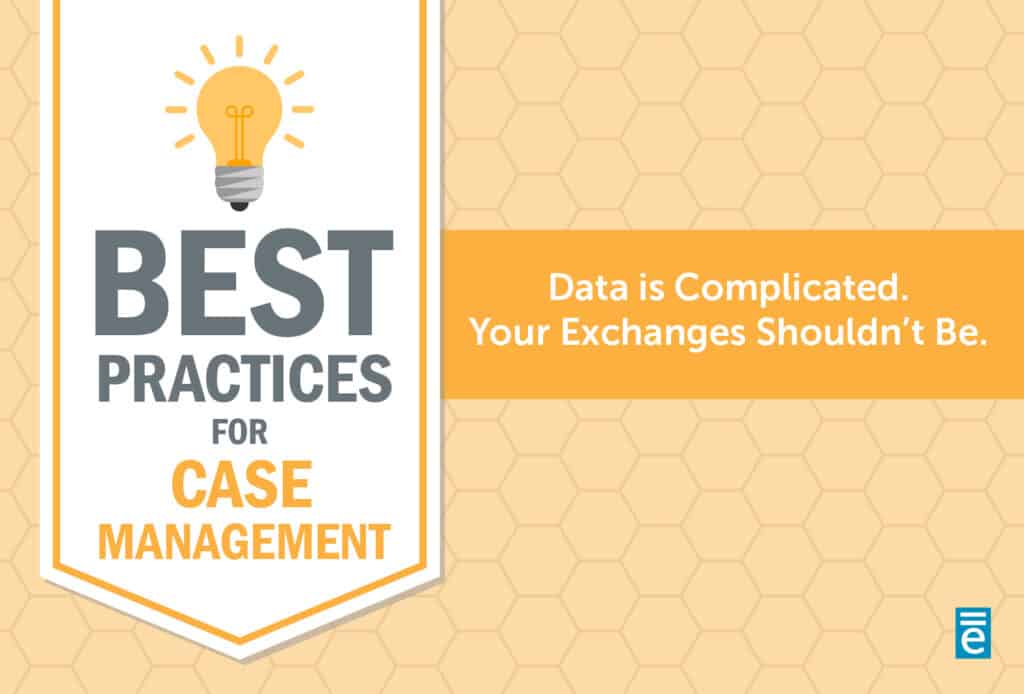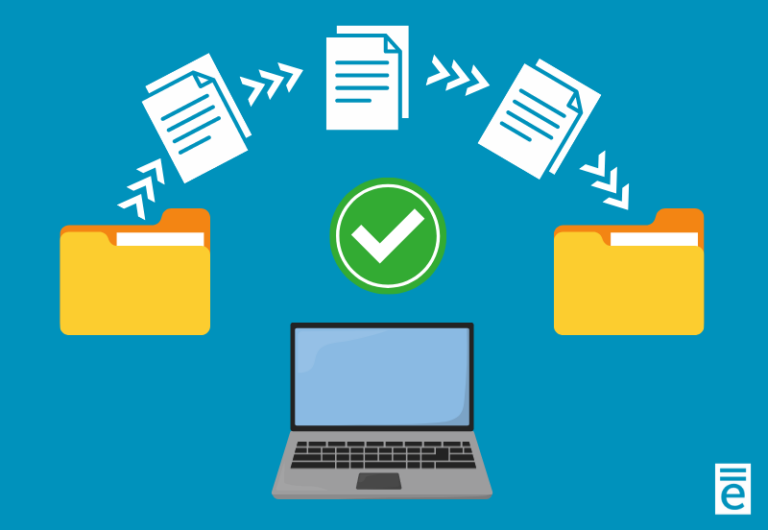Part 7 of equivant’s Best Practices Series
Data is a major concern in nearly every facet of the justice system. From concerns about data quality to concerns about the ethics of using certain data inputs, justice professionals are constantly navigating data-fraught waters.
Not all aspects of your data use have to be complicated. If you can get the basics of your data use and exchanges running smoothly, then your team can focus their energy on the elements of data that truly are complicated.
Best Practice: Ensure you’re seamlessly exchanging data with other agencies and jurisdictions, and make sure your team can use the data you receive.
The mechanics of a data exchange can be completely manageable if done well. Here are some key points to consider:
1. Who are your data partners? Who needs your data? Whose data do you need? Who are you already exchanging with? Who should you be exchanging with? Understanding the full landscape of your data exchanges is the first step in ensuring you have the right pieces in place.
2. Where does your incoming data go? Do you have some remote repository set up by IT a decade ago, or does your data feed into somewhere useful, like your case management system? These days, it’s essential that your case management system has a built-in API library to keep your incoming and outgoing data in one place.
3. How is your incoming data formatted? One of the messy parts of data exchanges is that not every agency formats its data the same way. This used to be a significant challenge, but now, your system should have the ability to return data in the JSON format to make all your incoming data useable right away.
4. Can your team use the data you receive? Not only do you need an exchange that’s accurate, reliable, and secure, but you also need one that’s user-friendly. Look for a system that has instructions and documentation built right in, and always make sure your inbound data is searchable. Without a query function, your team won’t be able to easily find what they need.
Data is essential to your work. Exchanging it should be the easy part.
If your data exchanges aren’t making your team’s work easier, we can help. JWorks has a sophisticated, user-friendly library of API endpoints to facilitate all of your data exchanges right from your case management system. Contact us for a free demo.




